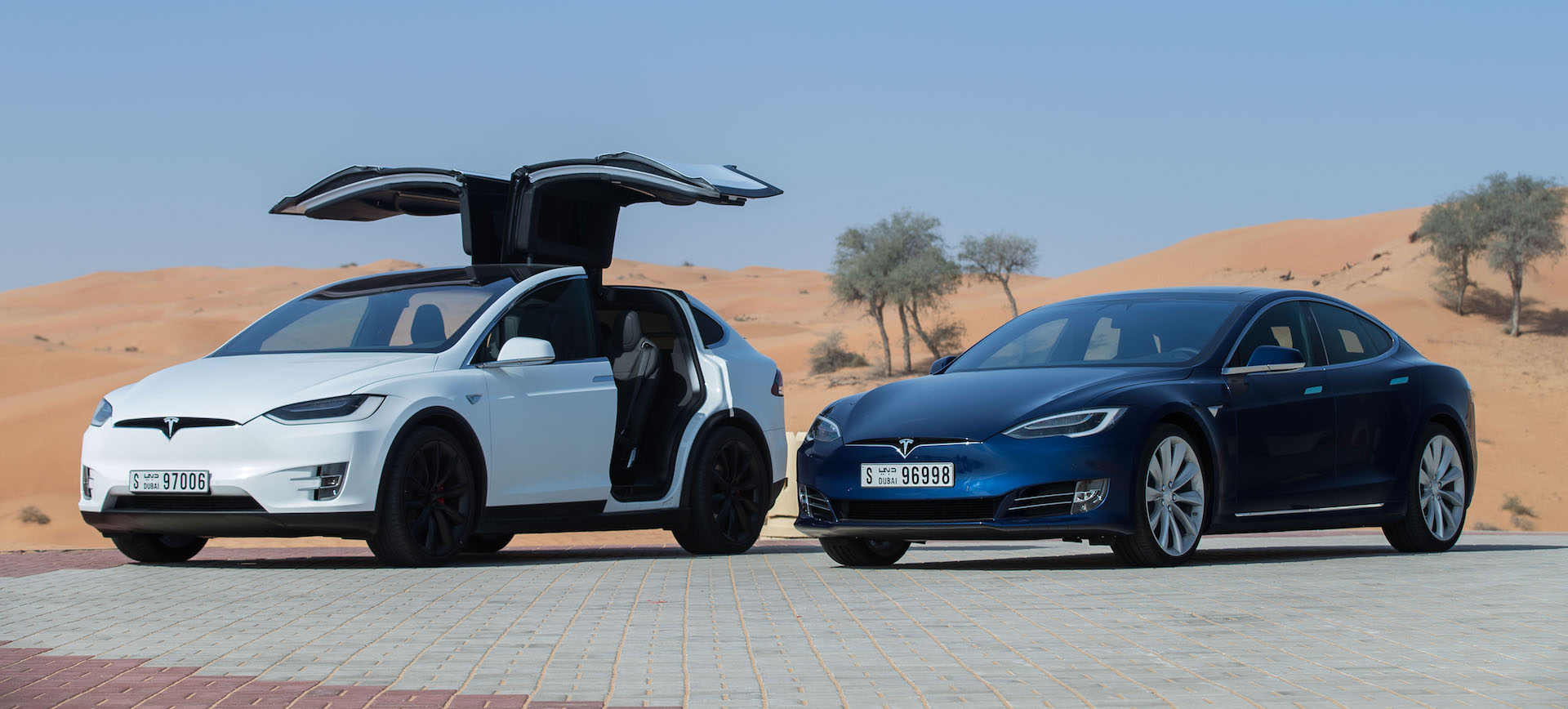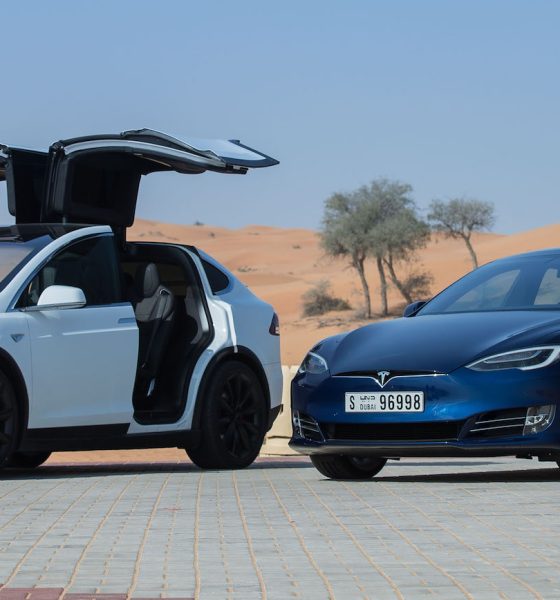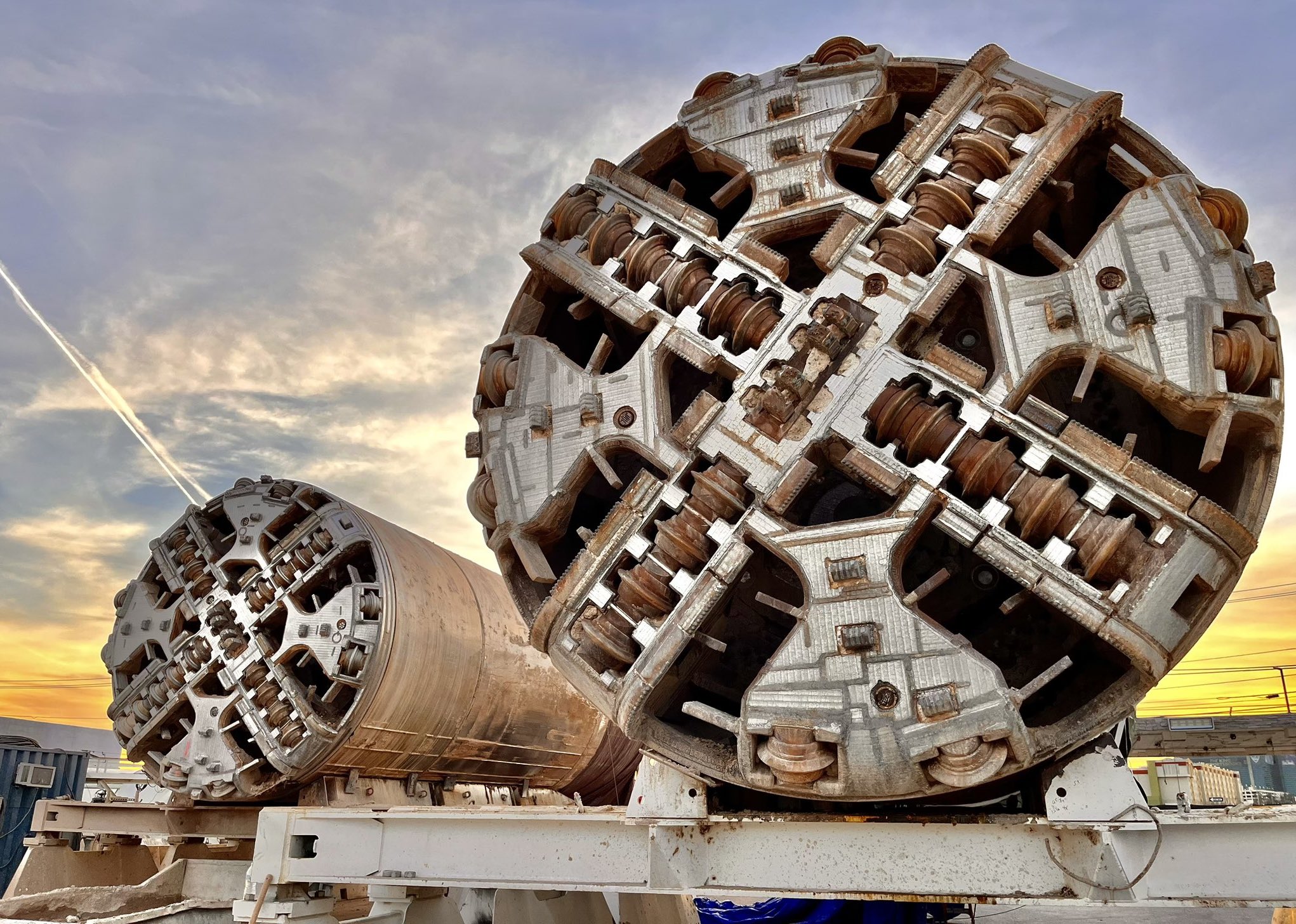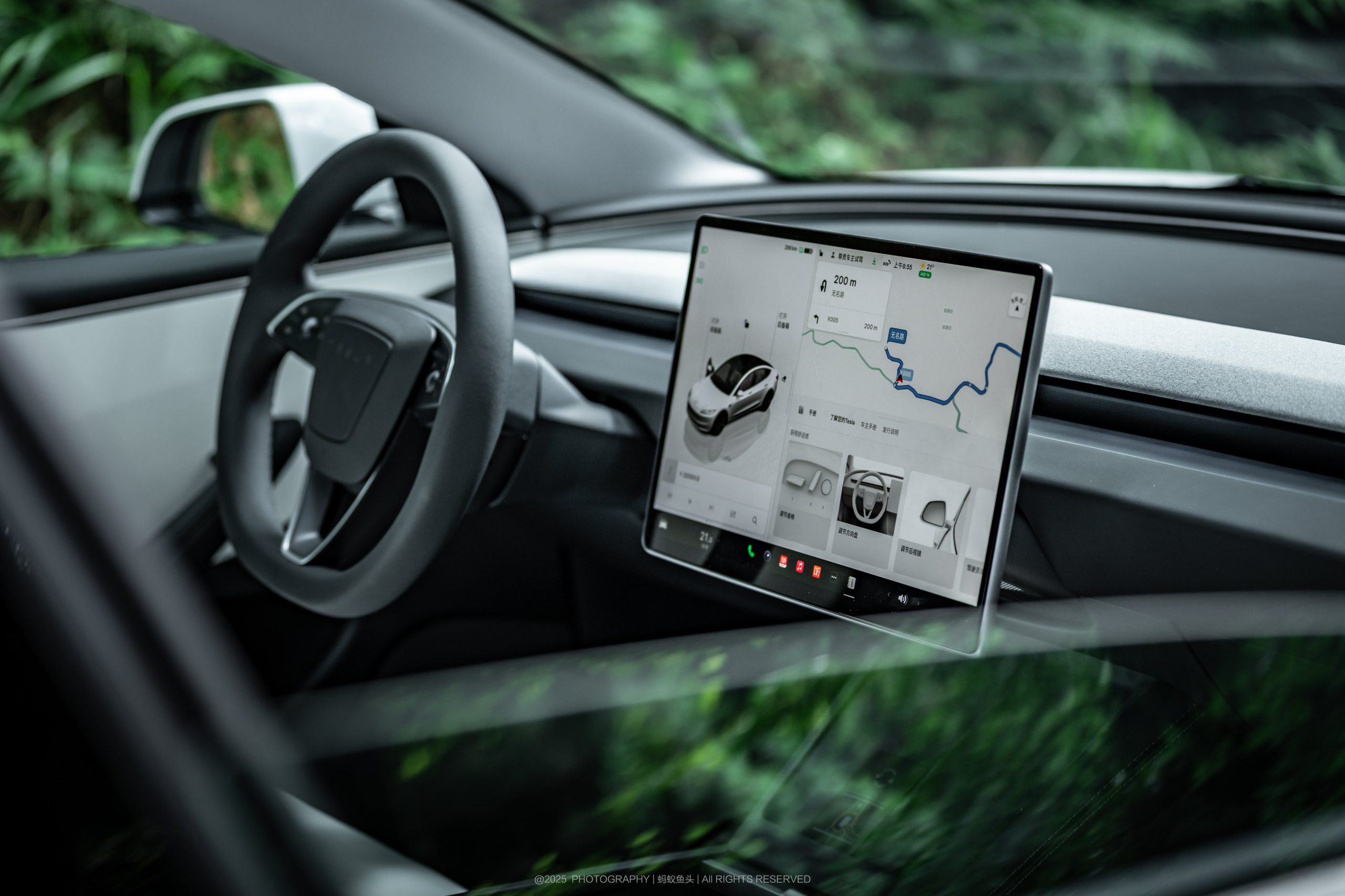

News
Tesla looks to bring both its cars and solar to Israel through new subsidiary
Tesla has registered a wholly-owned subsidiary in the Middle Eastern territory of Israel, a move that will allow the company to sell electric cars and mobile energy storage systems in the country that borders the Mediterranean Sea.
Tesla registered “Tesla Motors Israel” around two weeks ago with the country’s Registry of Foreign Companies. The reason for the registered subsidiary appears to be Israel’s strict regulations on vehicle imports in the country. Israel’s governing body of transportation, The Motor Vehicle Division of Misrad Hatachbura, does not allow vehicles to be imported from countries that are not registered in Israel.
Tesla’s attempt to bring its successful fleet of electric cars and alternative energy sources to Israel comes just six months after the Ministry of Energy is planning the construction and installation of at least 2,500 battery-powered vehicle charging stations by mid-2020, according to YNetNews.com.
The company has stated that its operation in Israel will be “importation, distribution, sale, maintenance, and repair of electric vehicles and mobile energy storage systems, energy generation systems and equipment, including solar panels, solar energy systems, and/or other solar energy conversion systems,” on the Registry of Foreign Companies.
While the company has been successful in selling its electric vehicles in countries outside its home in the United States, it will also look to bring sustainable and alternative forms of energy by using its solar roof tiles and home battery storage systems in Israel, a country with a rich history in solar energy that dates back to the 1950s.
In the transportation sector, Tesla will be competing with the likes of BMW, Porsche, and Renault, who have supplied Israeli citizens with electric cars most recently. The most affordable electric vehicle in Israel is currently the Renault ZOE, available for 129,990 Israeli New Shekels, or $37,431 USD. Tesla will likely maintain the ability to challenge the ZOE with its Model 3, the affordable sedan it began delivering to U.S. owners in July 2017. The Model 3 Standard Range starts at about $35,000 but is only available for order in Tesla stores or through a phone call.
Israel is one of twelve countries in the world to propose a complete phase-out of fossil fuels by 2030 according to a report from the Times of Israel. The Energy Ministry says that it plans to completely halt the use of petrol-based products in favor of natural gas or electric power. Energy Minister Yuval Steinitz said, “We intend to reach a situation in which Israel’s industry will be based on natural gas, and most importantly, transportation in Israel will be based on natural gas or electricity,” during an energy conference in the most populated Israeli city of Tel Aviv. “From 2030 onwards, the State of Israel will create alternatives and will no longer allow the import of cars that run on gasoline and diesel fuel.” While they will still utilize natural gas, the overall goal is “zero pollutants,” according to Steinitz.
Tesla’s continuance of branching out to new countries and territories is an understanding that the sustainability goal will not come from simply fixing things in its home country of the United States. Musk’s goal of becoming environmentally-sustainable is a worldwide goal, and with the help of a government that seems to take the global climate change as a serious threat, Tesla and Israel can work together to fight emissions.

Elon Musk
Tesla owners surpass 8 billion miles driven on FSD Supervised
Tesla shared the milestone as adoption of the system accelerates across several markets.

Tesla owners have now driven more than 8 billion miles using Full Self-Driving Supervised, as per a new update from the electric vehicle maker’s official X account.
Tesla shared the milestone as adoption of the system accelerates across several markets.
“Tesla owners have now driven >8 billion miles on FSD Supervised,” the company wrote in its post on X. Tesla also included a graphic showing FSD Supervised’s miles driven before a collision, which far exceeds that of the United States average.
The growth curve of FSD Supervised’s cumulative miles over the past five years has been notable. As noted in data shared by Tesla watcher Sawyer Merritt, annual FSD (Supervised) miles have increased from roughly 6 million in 2021 to 80 million in 2022, 670 million in 2023, 2.25 billion in 2024, and 4.25 billion in 2025. In just the first 50 days of 2026, Tesla owners logged another 1 billion miles.
At the current pace, the fleet is trending towards hitting about 10 billion FSD Supervised miles this year. The increase has been driven by Tesla’s growing vehicle fleet, periodic free trials, and expanding Robotaxi operations, among others.
Tesla also recently updated the safety data for FSD Supervised on its website, covering North America across all road types over the latest 12-month period.
As per Tesla’s figures, vehicles operating with FSD Supervised engaged recorded one major collision every 5,300,676 miles. In comparison, Teslas driven manually with Active Safety systems recorded one major collision every 2,175,763 miles, while Teslas driven manually without Active Safety recorded one major collision every 855,132 miles. The U.S. average during the same period was one major collision every 660,164 miles.
During the measured period, Tesla reported 830 total major collisions with FSD (Supervised) engaged, compared to 16,131 collisions for Teslas driven manually with Active Safety and 250 collisions for Teslas driven manually without Active Safety. Total miles logged exceeded 4.39 billion miles for FSD (Supervised) during the same timeframe.
Elon Musk
The Boring Company’s Music City Loop gains unanimous approval
After eight months of negotiations, MNAA board members voted unanimously on Feb. 18 to move forward with the project.

The Metro Nashville Airport Authority (MNAA) has approved a 40-year agreement with Elon Musk’s The Boring Company to build the Music City Loop, a tunnel system linking Nashville International Airport to downtown.
After eight months of negotiations, MNAA board members voted unanimously on Feb. 18 to move forward with the project. Under the terms, The Boring Company will pay the airport authority an annual $300,000 licensing fee for the use of roughly 933,000 square feet of airport property, with a 3% annual increase.
Over 40 years, that totals to approximately $34 million, with two optional five-year extensions that could extend the term to 50 years, as per a report from The Tennesean.
The Boring Company celebrated the Music City Loop’s approval in a post on its official X account. “The Metropolitan Nashville Airport Authority has unanimously (7-0) approved a Music City Loop connection/station. Thanks so much to @Fly_Nashville for the great partnership,” the tunneling startup wrote in its post.
Once operational, the Music City Loop is expected to generate a $5 fee per airport pickup and drop-off, similar to rideshare charges. Airport officials estimate more than $300 million in operational revenue over the agreement’s duration, though this projection is deemed conservative.
“This is a significant benefit to the airport authority because we’re receiving a new way for our passengers to arrive downtown at zero capital investment from us. We don’t have to fund the operations and maintenance of that. TBC, The Boring Co., will do that for us,” MNAA President and CEO Doug Kreulen said.
The project has drawn both backing and criticism. Business leaders cited economic benefits and improved mobility between downtown and the airport. “Hospitality isn’t just an amenity. It’s an economic engine,” Strategic Hospitality’s Max Goldberg said.
Opponents, including state lawmakers, raised questions about environmental impacts, worker safety, and long-term risks. Sen. Heidi Campbell said, “Safety depends on rules applied evenly without exception… You’re not just evaluating a tunnel. You’re evaluating a risk, structural risk, legal risk, reputational risk and financial risk.”
Elon Musk
Tesla announces crazy new Full Self-Driving milestone
The number of miles traveled has contextual significance for two reasons: one being the milestone itself, and another being Tesla’s continuing progress toward 10 billion miles of training data to achieve what CEO Elon Musk says will be the threshold needed to achieve unsupervised self-driving.

Tesla has announced a crazy new Full Self-Driving milestone, as it has officially confirmed drivers have surpassed over 8 billion miles traveled using the Full Self-Driving (Supervised) suite for semi-autonomous travel.
The FSD (Supervised) suite is one of the most robust on the market, and is among the safest from a data perspective available to the public.
On Wednesday, Tesla confirmed in a post on X that it has officially surpassed the 8 billion-mile mark, just a few months after reaching 7 billion cumulative miles, which was announced on December 27, 2025.
Tesla owners have now driven >8 billion miles on FSD Supervisedhttps://t.co/0d66ihRQTa pic.twitter.com/TXz9DqOQ8q
— Tesla (@Tesla) February 18, 2026
The number of miles traveled has contextual significance for two reasons: one being the milestone itself, and another being Tesla’s continuing progress toward 10 billion miles of training data to achieve what CEO Elon Musk says will be the threshold needed to achieve unsupervised self-driving.
The milestone itself is significant, especially considering Tesla has continued to gain valuable data from every mile traveled. However, the pace at which it is gathering these miles is getting faster.
Secondly, in January, Musk said the company would need “roughly 10 billion miles of training data” to achieve safe and unsupervised self-driving. “Reality has a super long tail of complexity,” Musk said.
Training data primarily means the fleet’s accumulated real-world miles that Tesla uses to train and improve its end-to-end AI models. This data captures the “long tail” — extremely rare, complex, or unpredictable situations that simulations alone cannot fully replicate at scale.
This is not the same as the total miles driven on Full Self-Driving, which is the 8 billion miles milestone that is being celebrated here.
The FSD-supervised miles contribute heavily to the training data, but the 10 billion figure is an estimate of the cumulative real-world exposure needed overall to push the system to human-level reliability.








